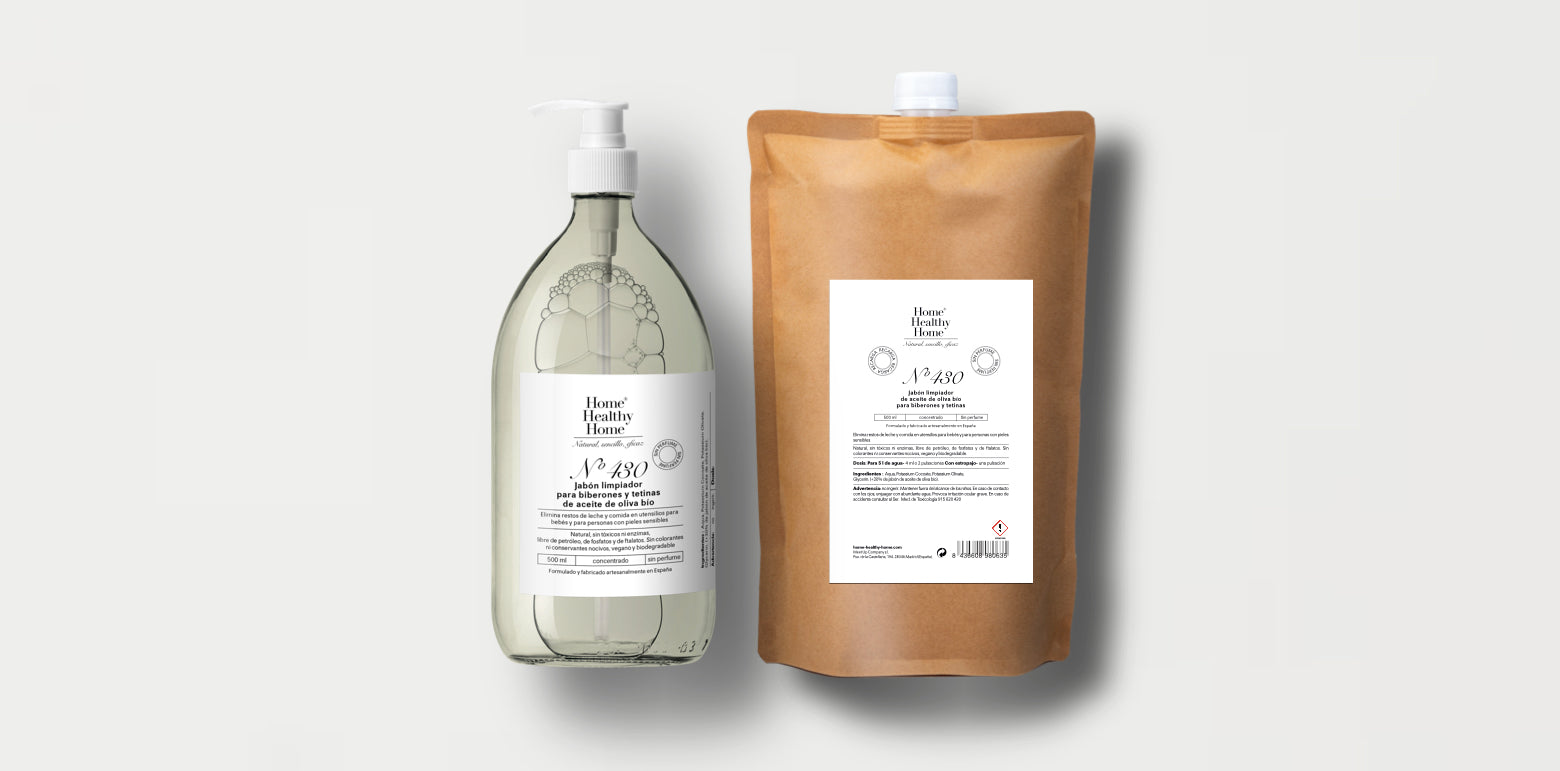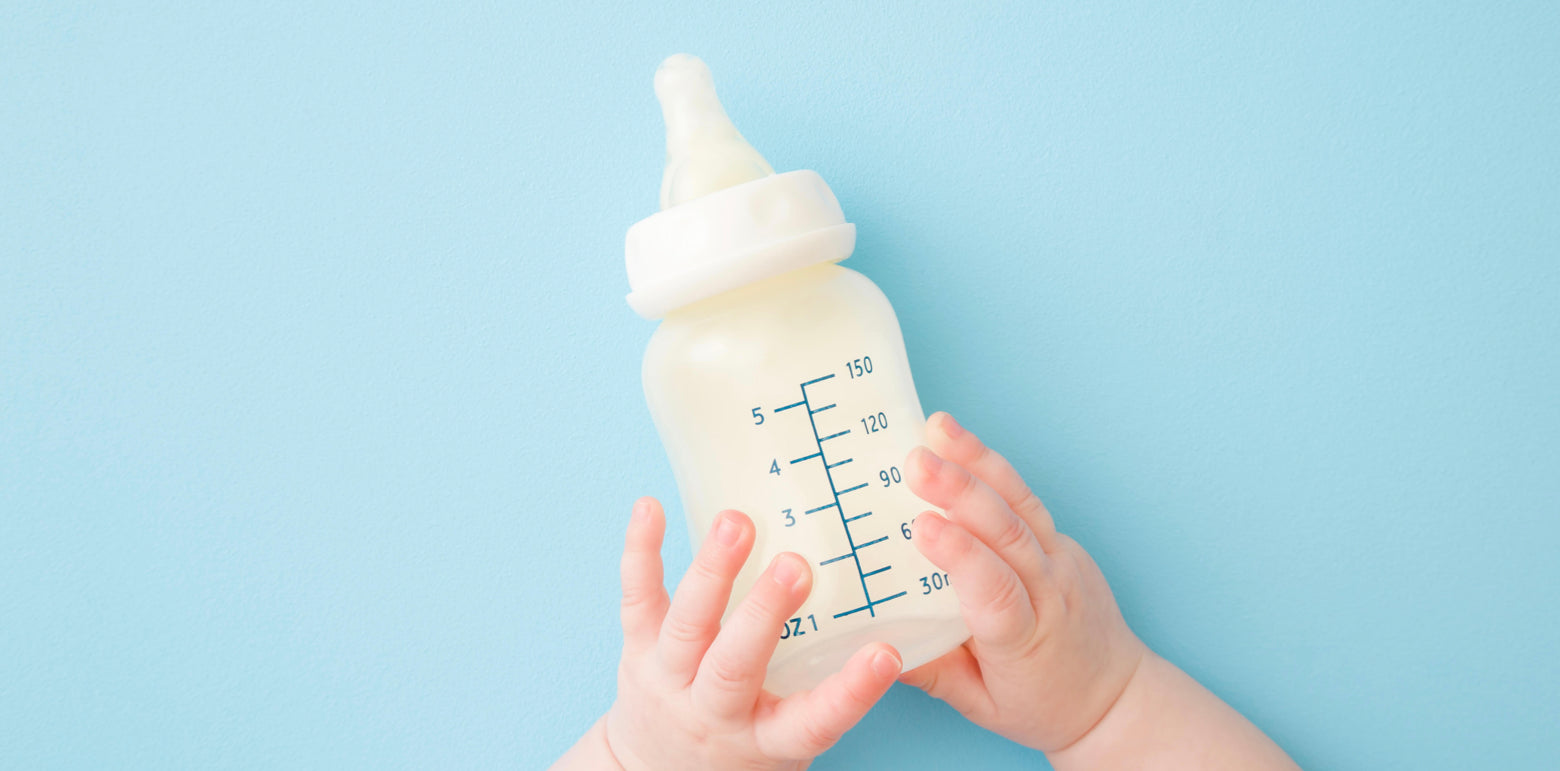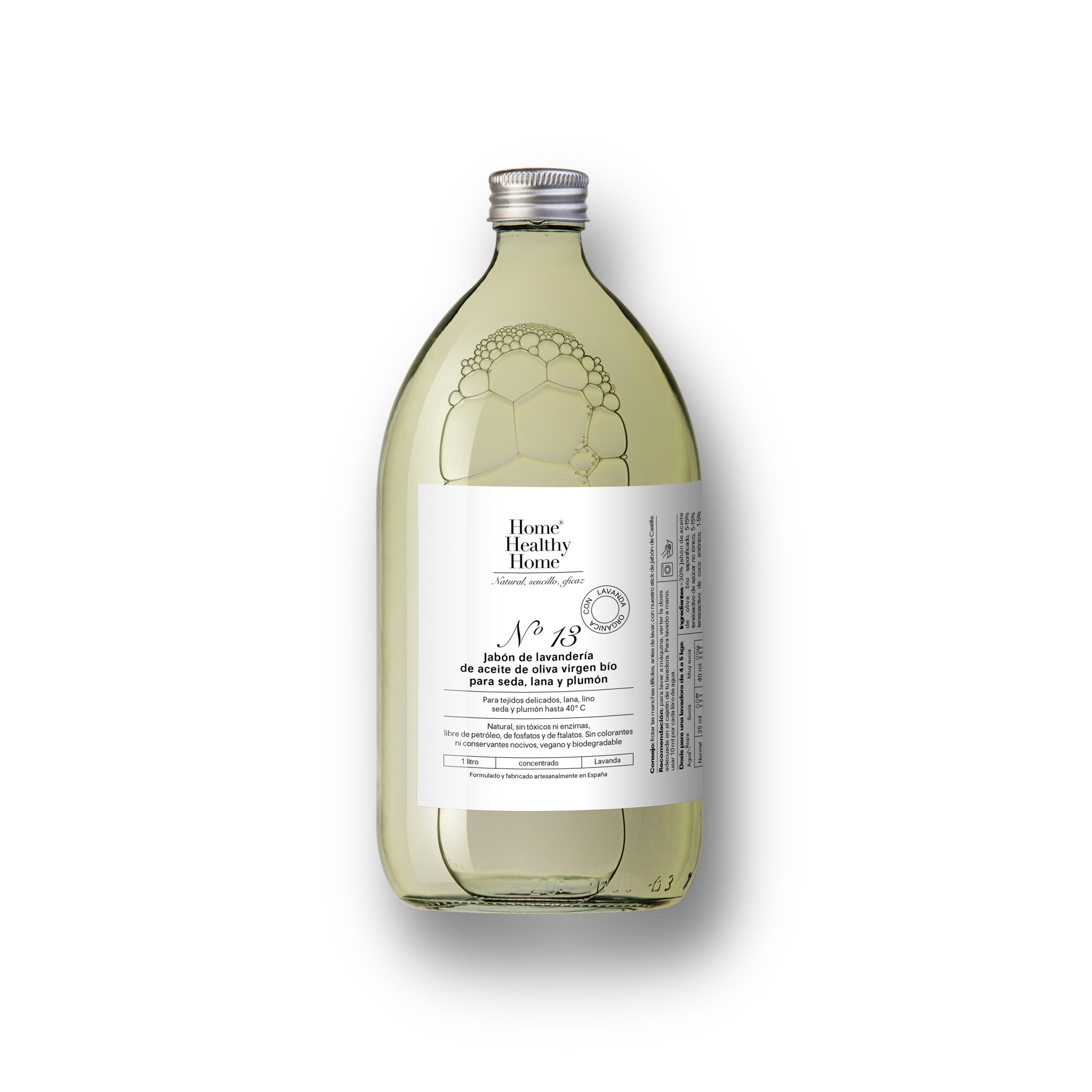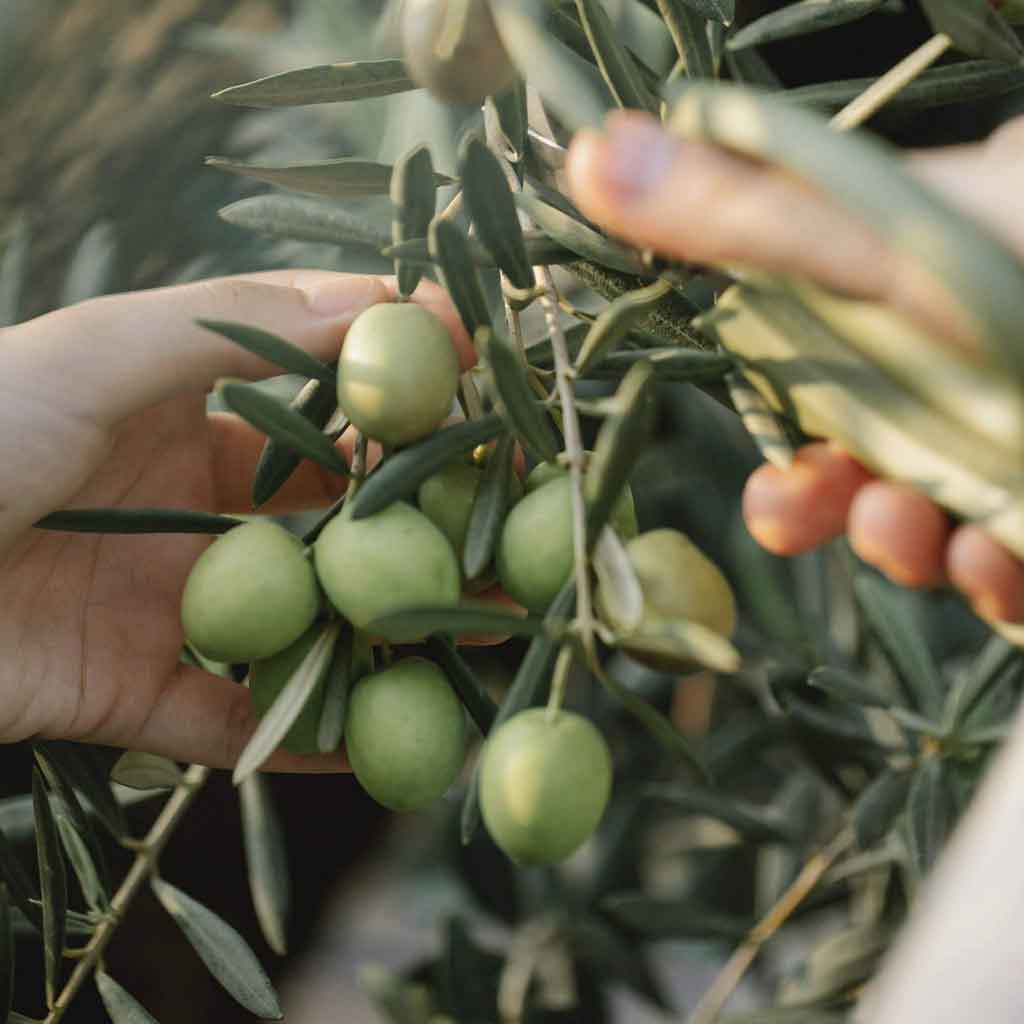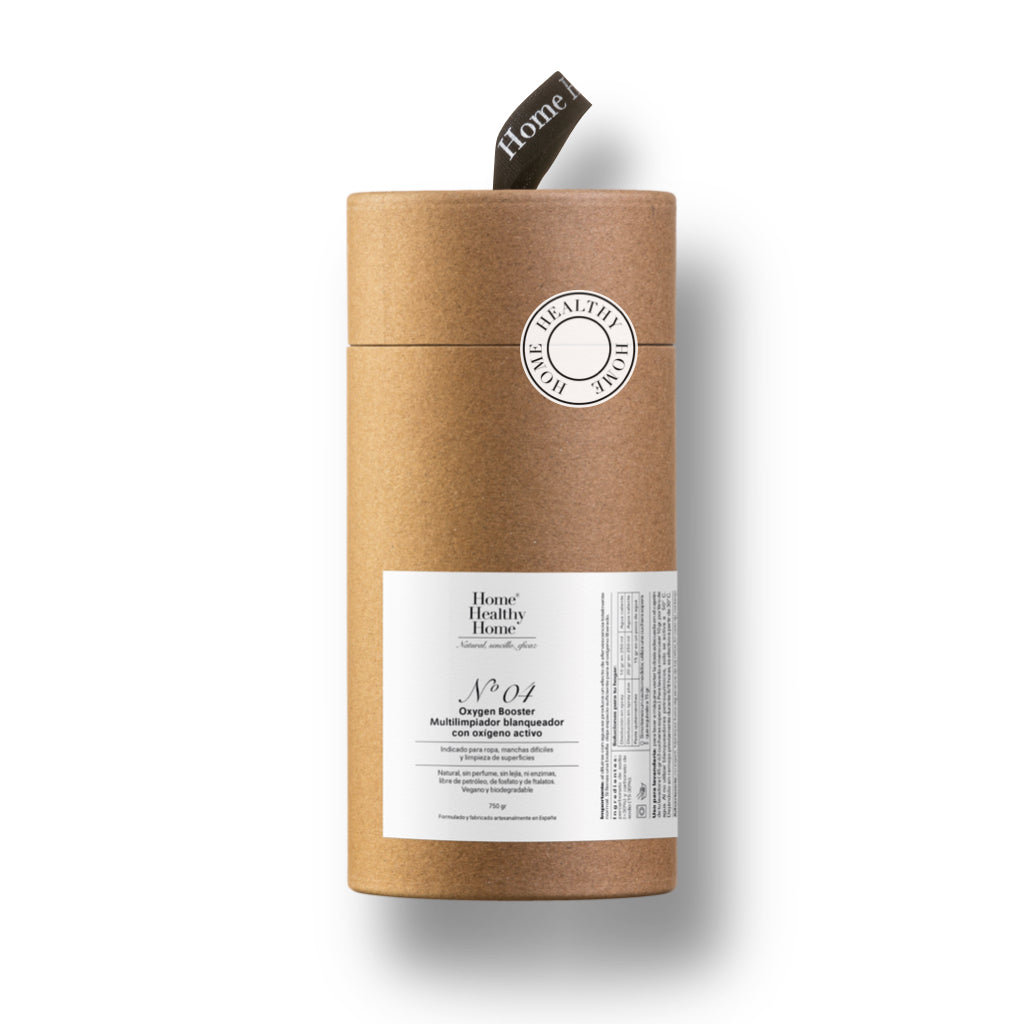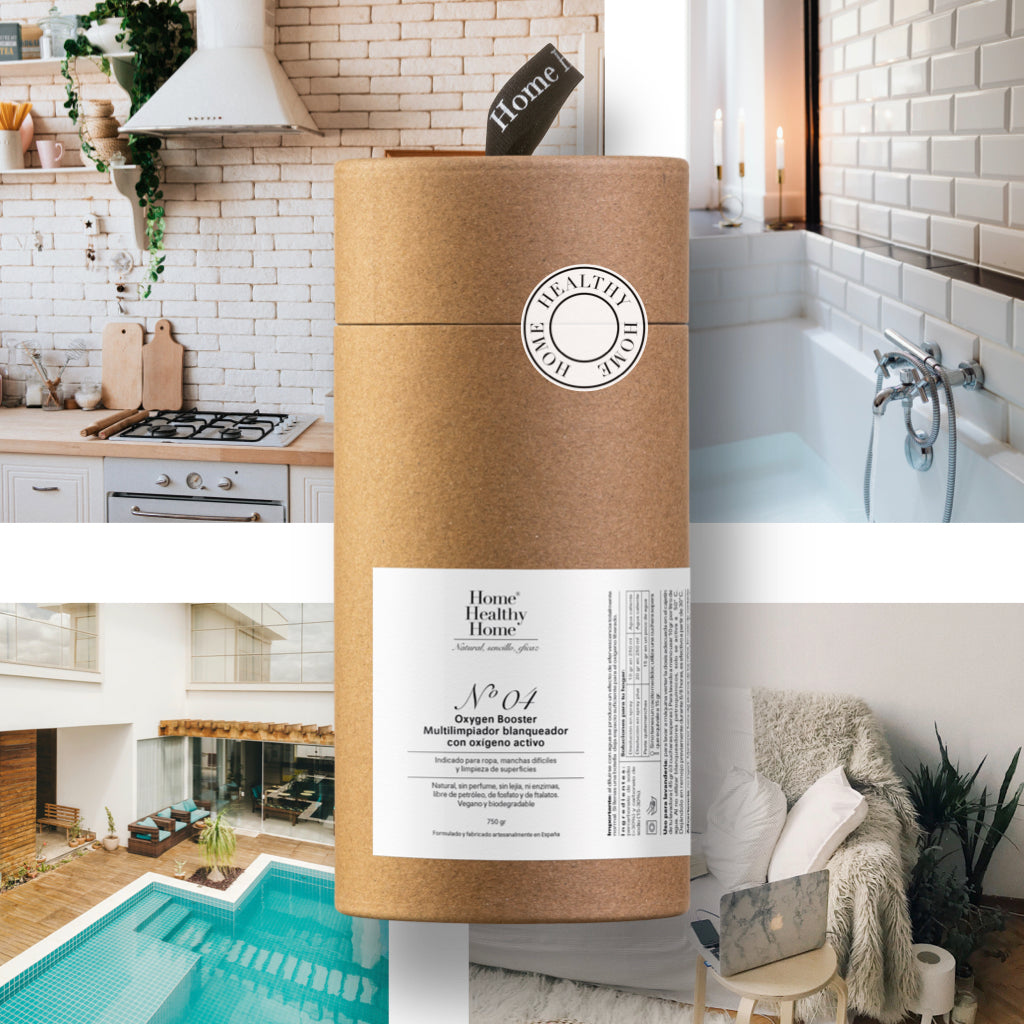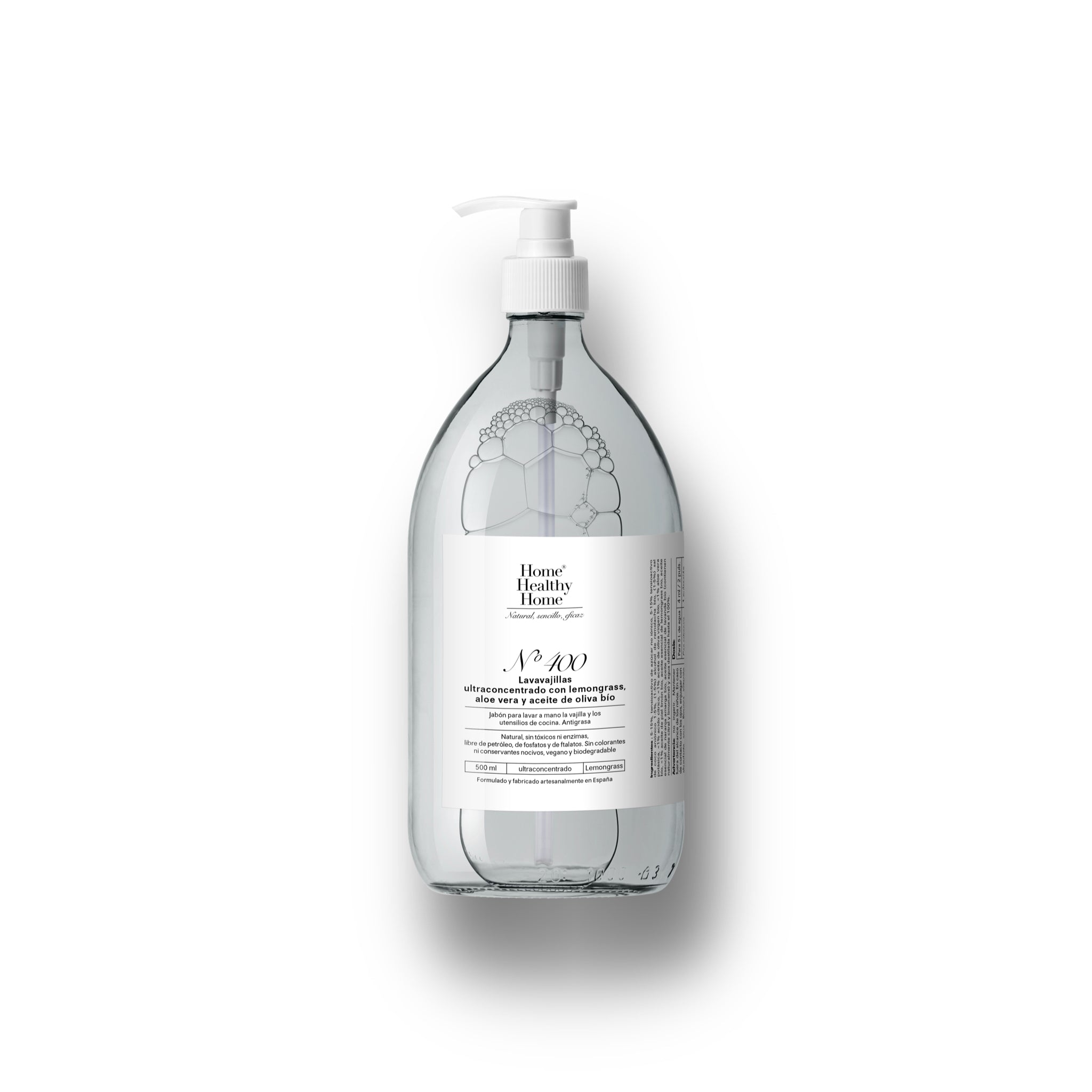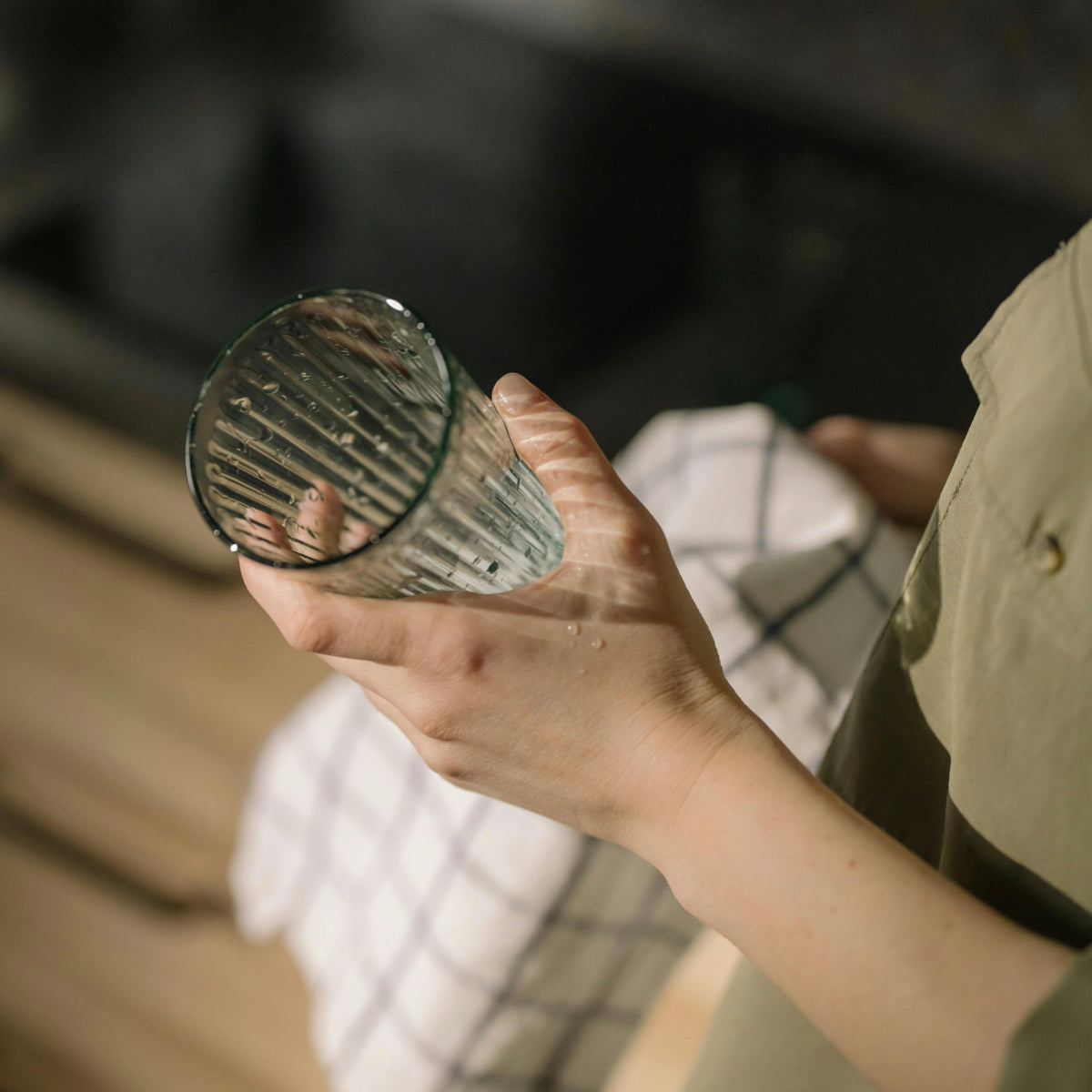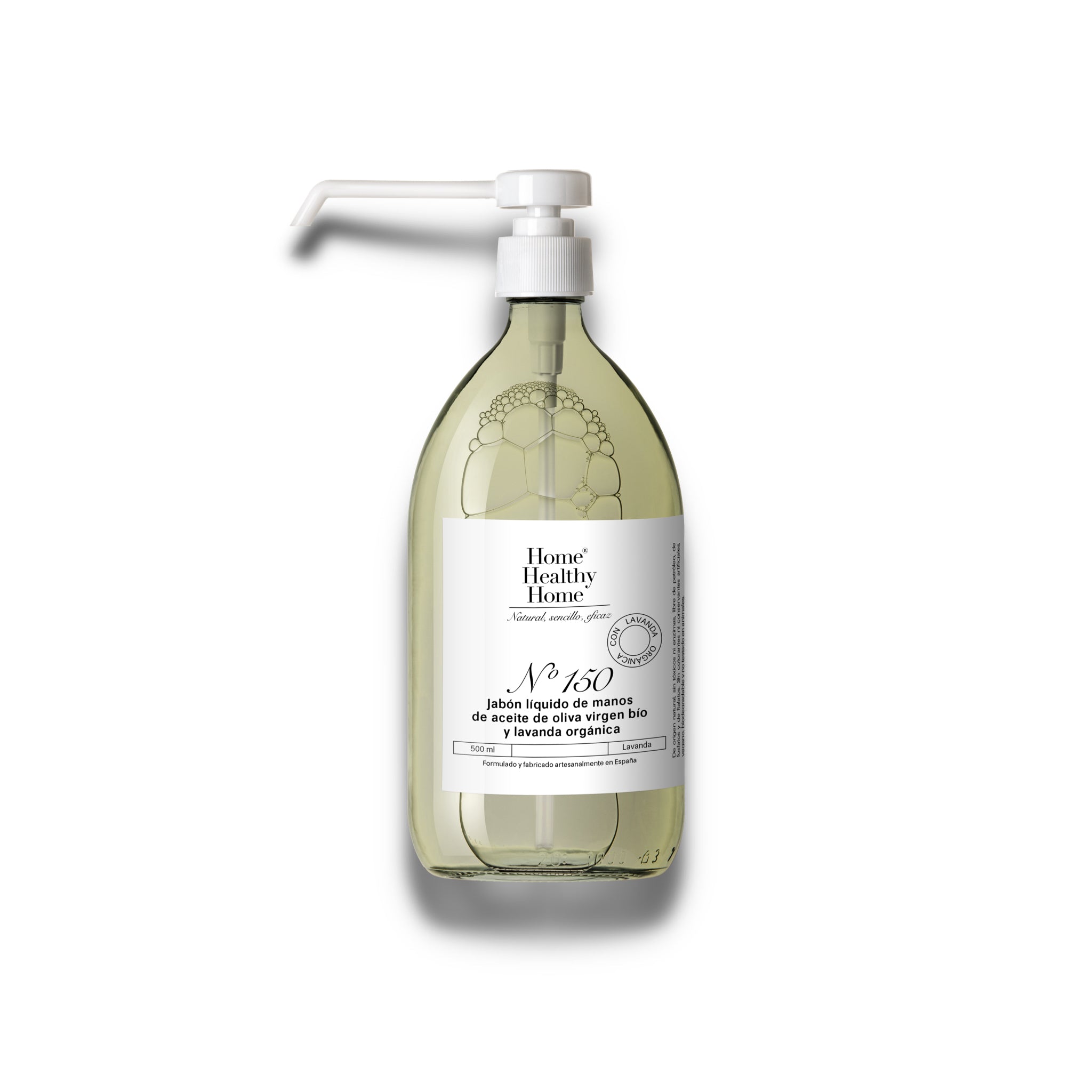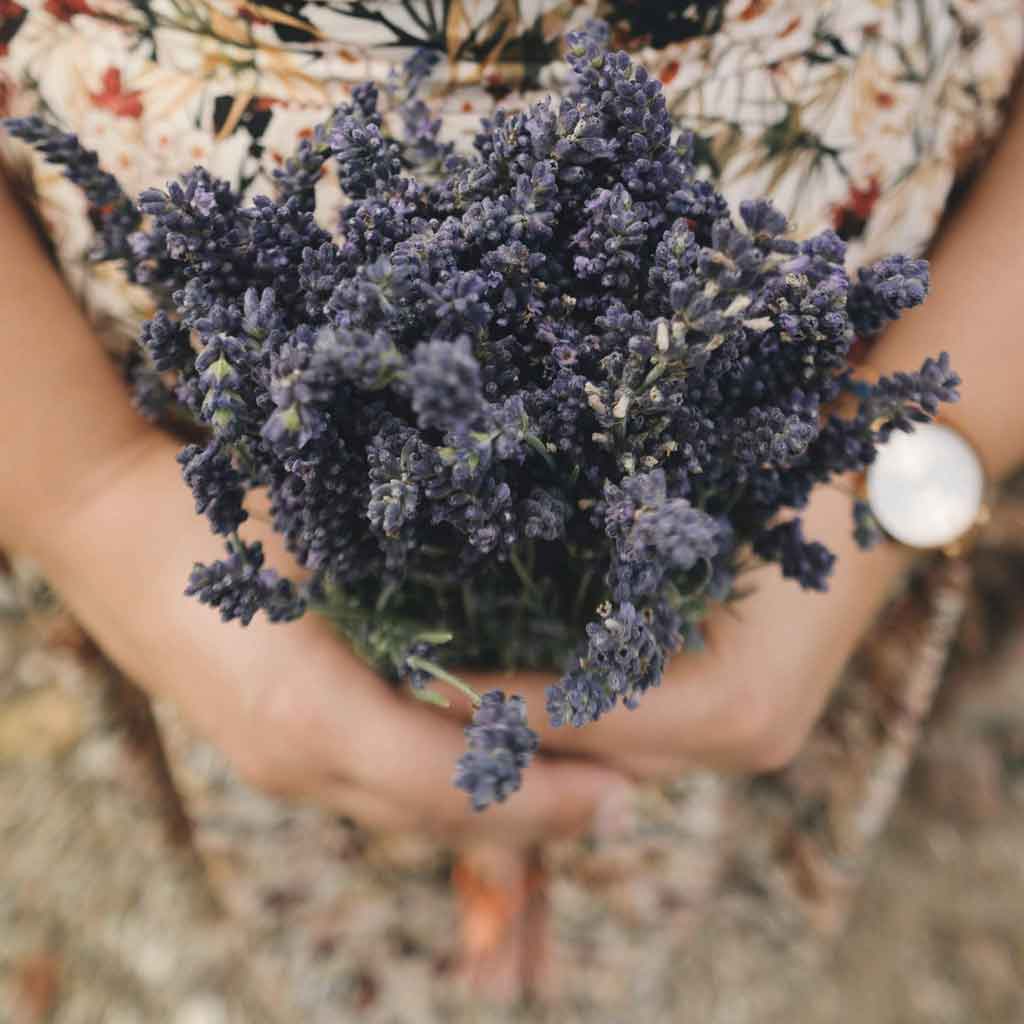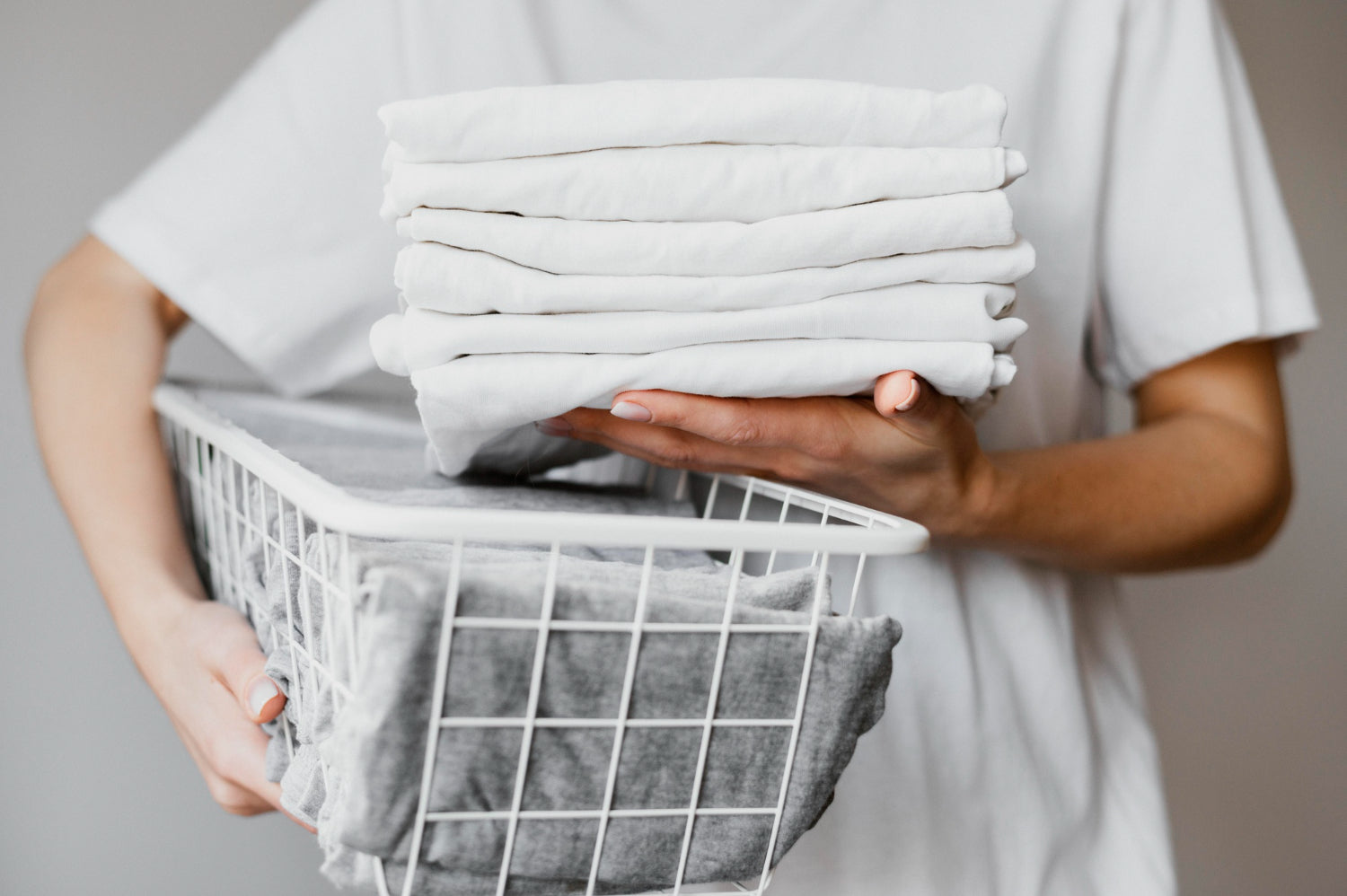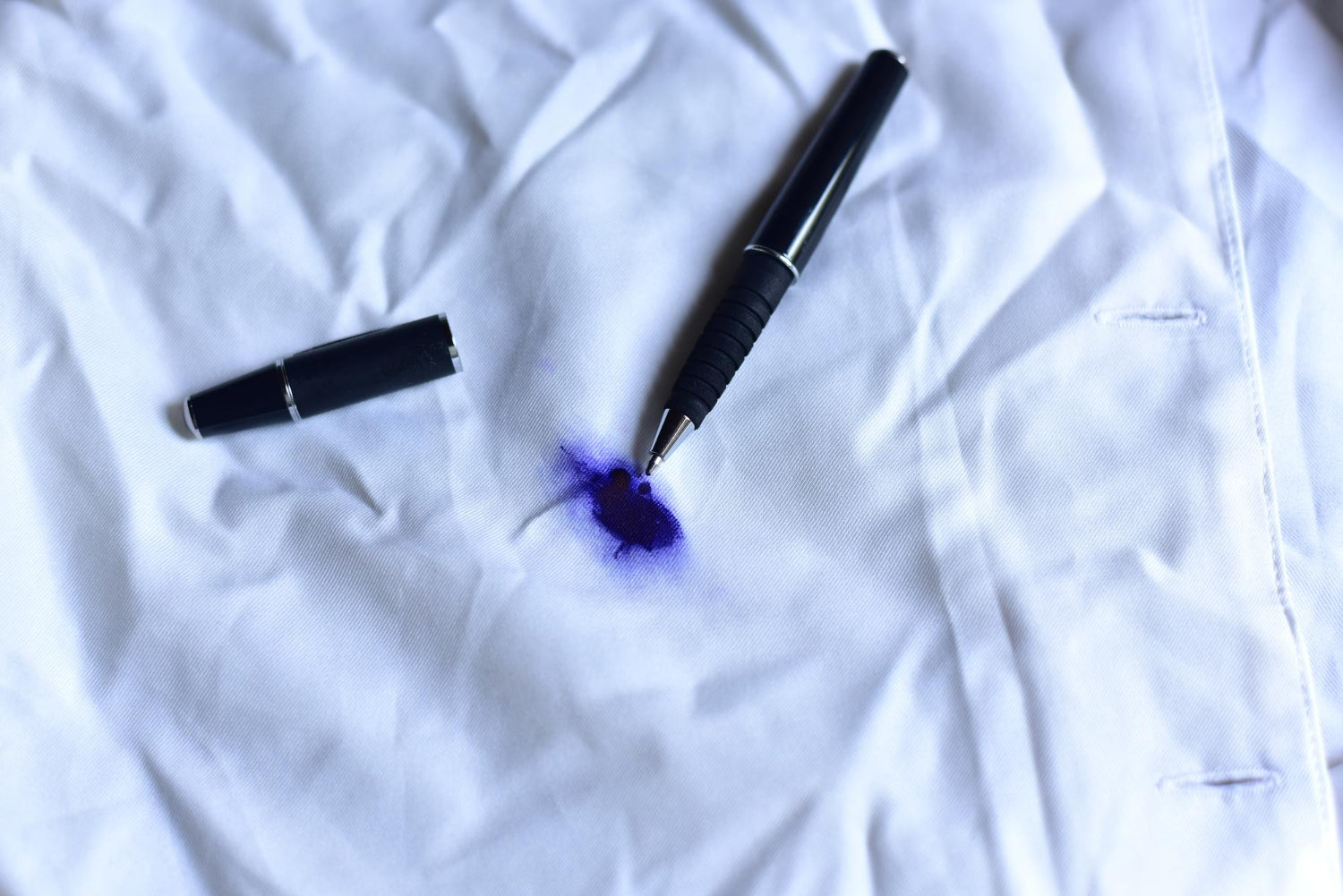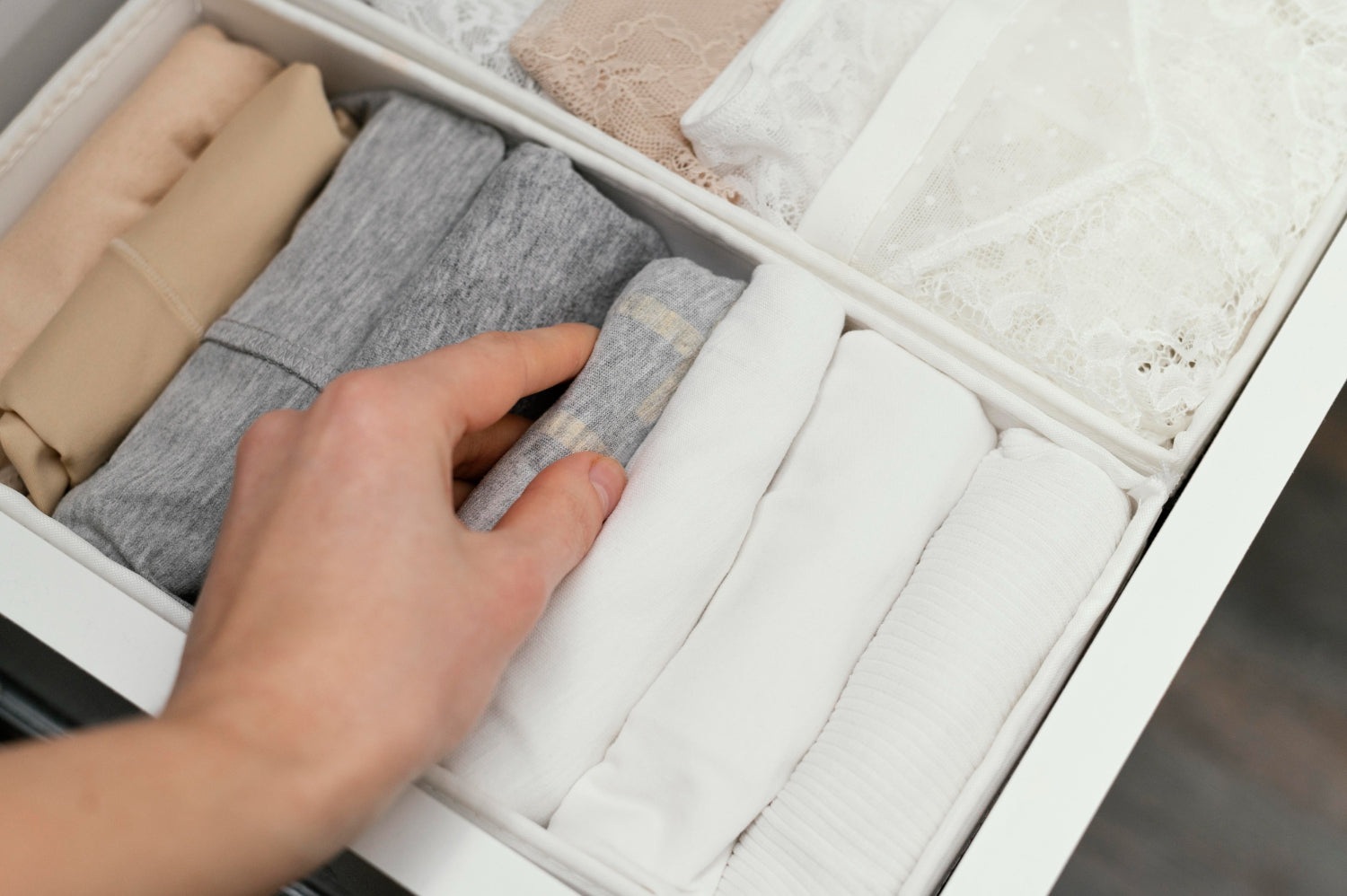How to get rid of bad smells from baby bottles? Tips to keep them clean.
Bottles are an essential part of a baby's diet, but they can also be a breeding ground for bacteria and unpleasant odors.
It's important to keep bottles clean and odor-free to ensure healthy and safe feeding for your baby. Dirty and smelly bottles can contain bacteria and other contaminants that can cause infections, illnesses, and health problems in babies. Therefore, proper bottle cleaning and care practices are essential to ensure your baby's health and well-being.
We give you 10 tips to clean and sterilize baby bottles.
1. Wash bottles after each use
After each use, it's important to wash bottles thoroughly with hot, soapy water. Hot water helps break down any fat and milk that may remain in the bottles after use. Use water hot enough to feel a slight scorching, but not too hot to avoid damaging the bottles. Be sure to clean all parts of the bottle, including the nipples and caps.
2. Use a mild, unscented soap
When choosing a soap for washing bottles, it's important to choose a gentle, dye-free, and unscented soap. Scented or dye-based soaps can leave residue and odors in bottles that can be harmful to your baby.
At Home Healthy Home, we've created a soap specifically for baby bottles and teats, No. 430 , made with organic olive oil. It's very gentle and fragrance-free. It cleans all types of food residue from baby utensils and toys. It's also suitable for cleaning utensils for people with sensitive skin.
3. Wash bottles by hand
Instead of washing them in the dishwasher: Baby bottles can be washed in the dishwasher, but handwashing them is a more effective way to ensure they're completely clean. Also, some baby bottles aren't dishwasher-safe, so it's always important to read the manufacturer's instructions.
4. Use a cleaning brush
It's essential to reach all areas of the bottle, including the nipple and neck. Be sure to use a dedicated cleaning brush just for bottles to avoid cross-contamination.
5. Sterilize bottles
It's important to sterilize baby bottles regularly to kill any bacteria that may be present. This can be done by boiling the bottles in water for at least five minutes or by using a bottle sterilizer.
6. Do not leave bottles soaking
Leaving bottles soaking can create a humid environment that can foster bacterial growth. Instead, wash bottles immediately after use.
7. Dry the bottles completely
After washing your bottles, be sure to dry them completely before storing them. An easy way to do this is to place them upside down in a bottle drying rack.
8. Replace teats regularly
Nipples can wear down over time, which can lead to a buildup of bacteria. Replace nipples regularly, especially if they begin to show signs of wear.
10. Store bottles in a clean, dry place
Store bottles in a clean, dry place to prevent bacteria buildup. A closed cabinet or bottle bag can be good options.
By following these ten tips, you can keep your bottles clean and odor-free, which is essential for your baby's health. Always remember to follow the manufacturer's recommendations for cleaning and caring for bottles.
